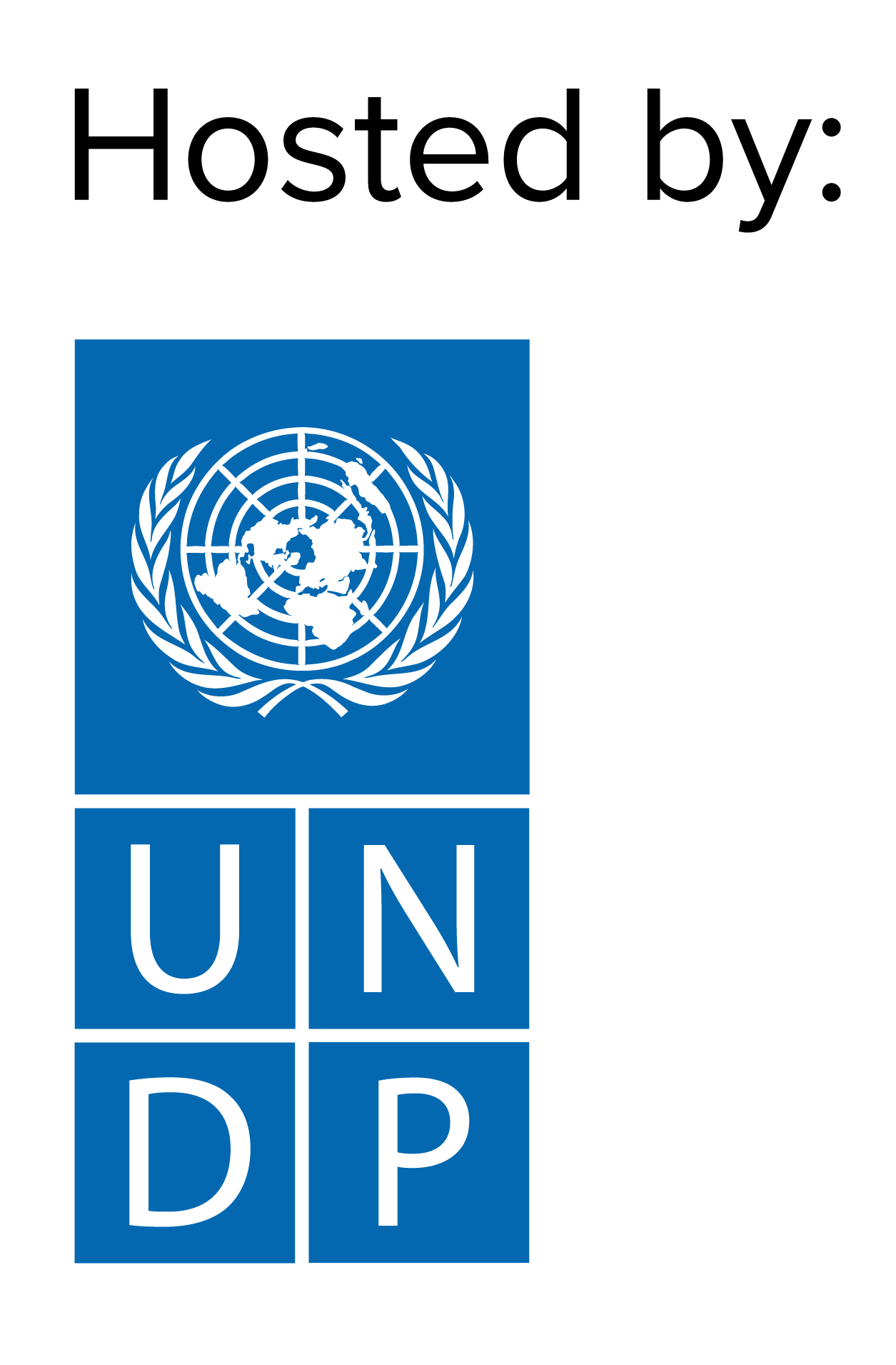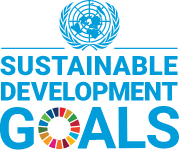KEY TOPICS
POPULAR SEARCHES
Collaborating Globally to Deliver Responsible Digital Payments for Everyone
Explore our ResourcesAbout the Alliance


The Better Than Cash Alliance is a partnership of governments, companies, and international organizations established to scale financial inclusion by transitioning economies from cash to responsible digital payments.
The Alliance is hosted by the Sustainable Finance Hub, a finance and innovation platform that draws on a critical mass of UNDP expertise, initiatives, and partnerships to support mobilizing and leveraging resources for the Sustainable Development Goals (SDGs).
Vision
Delivering advisory services to all Alliance members and partners, and supporting advocacy to advance equitable access to responsible digital payments and digital financial services
Mission
Through collaboration with its members, the Alliance promotes the delivery of responsible digital payment systems for dignity and prosperity
Our Impact in Numbers
80+
members committed to digitizing payments.
+100mn
digital accounts opened in Alliance member countries.
30
initiatives with members in 15 countries.
Over 85%
of Alliance activities are gender-intentional.
How we Deliver Impact
Policy Activation through Proofs-of-Concept
Strategic Partnerships and Advocacy
Evidence-Based Policy Guidance and Technical Expertise
Latest News and Publications

Digital payments contribute to building a strong foundation for the Sustainable Development Goals. When digital payments are swifter, safer, more transparent, and more private than cash, they enable access to vital growth opportunities like energy, water, and credit.


The world is rapidly moving towards digital payments: the COVID-19 pandemic tripled digital transactions from governments to citizens. Technological advances, such as artificial intelligence and distributed ledger technology, are transforming the digital payments landscape. In this context, it’s crucial that digital payments are responsible.
A concerted effort to scale up responsible digital payments will unleash everyone’s potential – especially women’s – enabling impact, scale, and sustainability.






